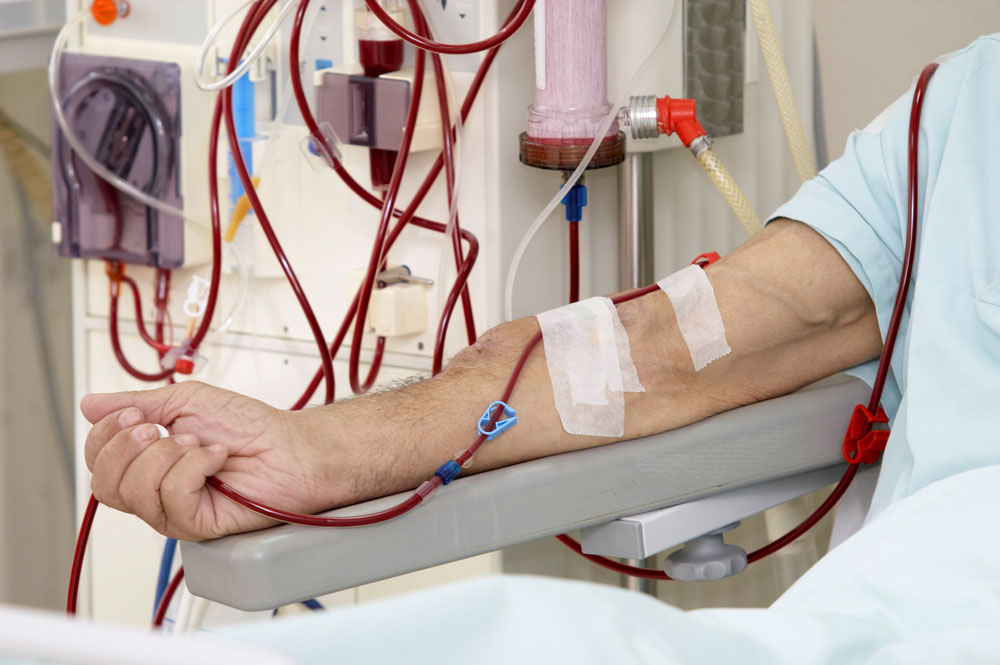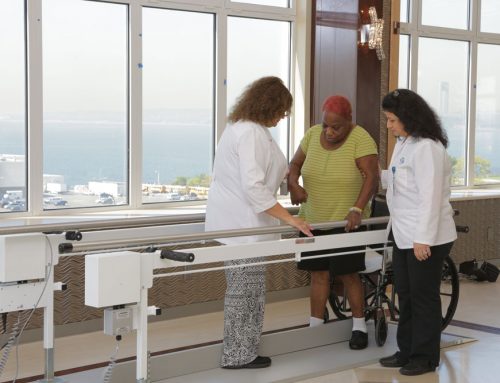Malfunctioning kidneys can lead to serious health problems and treatments involving dialysis treatment play a central role in renal care. This therapy is offered to patients with serious kidney issues and helps minimize hospital readmissions.
What Is The Process Of Dialysis Treatment?
Dialysis, also known as renal replacement therapy, is an artificial way of removing waste and water from the blood. Doctors are likely to recommend dialysis for someone who has lost most of their kidney function. However, temporary dialysis interventions can also improve kidney function.

There are two main types of dialysis treatment – hemodialysis and peritoneal dialysis. Hemodialysis, which is more common, cleanses the blood by extracting it and filtering it through a dialysis machine. The cleansed blood is then circulated back into the body.
Peritoneal dialysis, another type of dialysis treatment, involves a dialysis solution being fed into the abdominal cavity through a catheter. Here, after a few hours, the fluid absorbs waste products and the machine then removes the fluid.
Another variety of peritoneal dialysis is continuous ambulatory peritoneal dialysis, which doesn’t require a machine, and gives you more independence.
All dialysis requires the insertion of tubes into your veins or abdomen. This raises the chances of infection, making hygiene and good nursing and medical practices essential.
How Long Does A Dialysis Treatment Last?
The duration of dialysis treatment varies depending on the underlying causes of illness and the type of treatment. Hemodialysis treatment can last 3-4 hours, while peritoneal dialysis usually takes place overnight and can last 8-10 hours.
A patient’s overall health and their medical history may also be determining factors in the duration of any treatment.
Can Kidneys Recover From Dialysis?
Depending on the underlying cause, some patients’ kidney problems are temporary. Dialysis treatment can help improve kidney function to such an extent that patients may be able to come off dialysis. This may partly depend on how they respond to medication or other treatments.
Our bodies have two kidneys and they perform a vital function. If these organs don’t work properly you may need dialysis treatment. This is a serious, often life-saving intervention, so understanding the types of dialysis and how they work is important.
Haym Salomon Home for Nursing & Rehabilitation in Brooklyn NY has highly skilled staff experienced in treating kidney problems. Our home places a high priority on hygiene and cleanliness in all our facilities.
We are constantly on the lookout to prevent infections, something that is also crucial for patients undergoing dialysis. Also we understand the importance of loving care and emotional support for those undergoing the daunting process of dialysis treatment.
We accept most commercial insurances, Medicare and Medicaid. Haym Salomon Home’s dedicated team will work diligently to assist all patients and their families in reaching the optimal goals in every aspect of the treatment.
This content comprises informative and educational resources only and can not be considered as a substitute for professional health or medical guidance. Reliance on any information provided in this article is solely at your own risk. If you have any inquiries or apprehensions about your medical condition or health goals, talk with a licensed physician or healthcare provider.






Leave A Comment